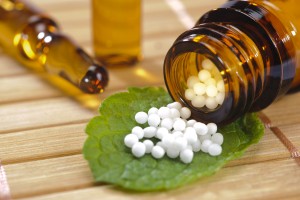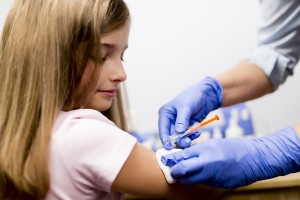 Personally, I love homeopathy and using it to treat my own ailments. I have found a great benefit from using them time and time again, and so, like to keep a stock of them at home for when various occasions arise. What I like about using homeopathic remedies is that it does not interact with other medications and is safe for use in any age group. For your benefit, I have chosen just a few of the remedies that I, or others, have found useful:
Personally, I love homeopathy and using it to treat my own ailments. I have found a great benefit from using them time and time again, and so, like to keep a stock of them at home for when various occasions arise. What I like about using homeopathic remedies is that it does not interact with other medications and is safe for use in any age group. For your benefit, I have chosen just a few of the remedies that I, or others, have found useful:
Arnica
If I had to choose only one remedy, this would be it. Arnica is great for any bumps, bruises, aches, pains, shock, or just trauma in general. I like to take this remedy if I get hurt, into a car accident, hit my head, anything where I was not expecting the injury to occur, or reacted strongly from it. I have actually used this when getting a new ear piercing as well to take down the pain for the first while, and found this to help with speeding up the healing process in general.
Apis
This is a good remedy for those of you who are prone to being stung by bees or insects in general. Apis is indicated for injuries that are swollen, hot, and burning in pain, hence it being so good for bee stings. A colleague of mine used this when she was stung near the eye, and found the swelling to go down almost instantaneously!
Hypericum
I have used this remedy several times and like to keep it on hand because of its useful ness. This homeopathic remedy is good for nerve pain, specifically, sharp shooting pain. This makes it good for spinal injuries as well as injuries to nerves such as carpal tunnel like pain or hitting your “funny bone”.
Chamomila/Pulsatilla
Either of these remedies are good for you moms and dads to have at home for your young ones. Both of these remedies are good for infants that are having colic or going through teething. You might choose one over the other depending on your child’s personality. Chamomile for the cranky, wanting to be picked up, but then not wanting to be held infant. Where as, Pulsatilla is for the infant that wants to be picked up, and is much calmer from being picked up. This is not the full extent of what these remedies entail, but it should be enough information to help you choose which one your child might need. Ideally, putting the remedy in water and giving it to your infant this way would be best.
Calendula
Finally, Calendula is a great homeopathic cream or remedy to have around in the case of superficial scrapes and burns. This remedy should not be taken with deep cuts or extensive burns, but should help those with mild scrapes and burns feel better.
Have you benefitted from reading this blog? Know someone that would benefit as well? Share, Like, Comment, or Tweet this article, and let me know what you think.
Some of the information provided above may not be appropriate for everyone, please consult with your doctor before trying any of the above. If you are interested in Naturopathic Medicine and wanting a different approach to your health care needs, please book an appointment with Elisha Cook at the RSNC today and let me help you achieve your health goals.



